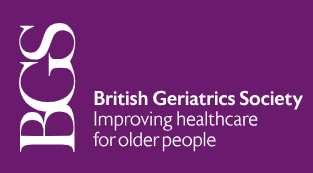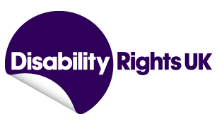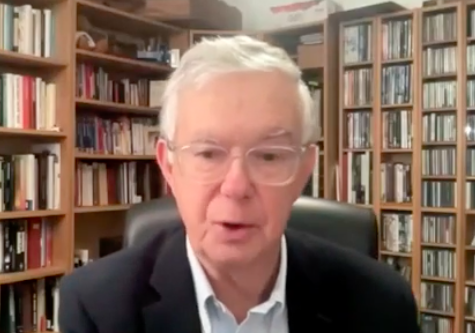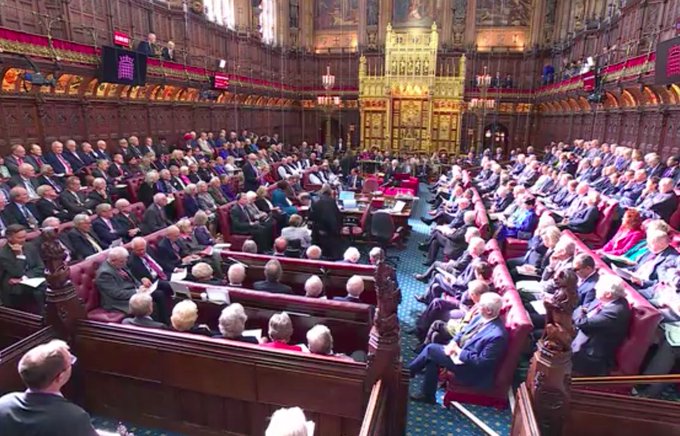1. Let’s take a look at some of these “scaremongering and ideological opponents”.
First up, the Association for Palliative Medicine.
The APM opposes the bill due to “concerns about protection of vulnerable, frail, elderly, disabled and terminally ill people”.
First up, the Association for Palliative Medicine.
The APM opposes the bill due to “concerns about protection of vulnerable, frail, elderly, disabled and terminally ill people”.
https://twitter.com/kimleadbeater/status/1922017597433725160
2. Former prime minister Gordon Brown.
The bill contains “insufficient protection” for the “frail and vulnerable”, he says.
It would also “alter society’s attitude towards elderly, seriously ill and disabled people”, and damage the identity of “the caring professions”.
The bill contains “insufficient protection” for the “frail and vulnerable”, he says.
It would also “alter society’s attitude towards elderly, seriously ill and disabled people”, and damage the identity of “the caring professions”.

3. The British Geriatrics Society—the association for professionals specialising in the healthcare of older people.
“The risk for safeguard failure is at least moderate in a modern, well-run AD service which we find to be unacceptable when considering the needs of older people.”
“The risk for safeguard failure is at least moderate in a modern, well-run AD service which we find to be unacceptable when considering the needs of older people.”

4. Disability Rights UK.
“In practice, it would be easier and quicker to access assisted dying in the UK than it would be to access social care support, palliative healthcare, and suitable housing.”
“The committee stage saw the weakening of already insufficient safeguards.”
“In practice, it would be easier and quicker to access assisted dying in the UK than it would be to access social care support, palliative healthcare, and suitable housing.”
“The committee stage saw the weakening of already insufficient safeguards.”

5. Sir David Haslam, former president of the British Medical Association and chair of NICE.
“It is likely to have…a legion of unintended consequences… The elasticity with which assisted dying laws have been applied in other countries should serve as a warning.”
“It is likely to have…a legion of unintended consequences… The elasticity with which assisted dying laws have been applied in other countries should serve as a warning.”

6. Liberty, Britain’s leading civil liberties organisation.
“We can only support legalising assisted dying if it works safely for everyone. This Bill doesn’t.”
“We can only support legalising assisted dying if it works safely for everyone. This Bill doesn’t.”

7. Prof Sir Louis Appleby, who leads the National Suicide Prevention Strategy for England.
“Once the principle behind suicide prevention has been set aside...we have lost something we may not get back… That is why I don’t support the Bill.”
“Once the principle behind suicide prevention has been set aside...we have lost something we may not get back… That is why I don’t support the Bill.”

8. Ashish Kumar, Chair of the Royal College of Psychiatrists’ Eating Disorders Faculty (as well as the Vice-Chair Agnes Ayton).
“We urge MPs to…vote against the bill—it fails the public safety test.”
“We urge MPs to…vote against the bill—it fails the public safety test.”

• • •
Missing some Tweet in this thread? You can try to
force a refresh










